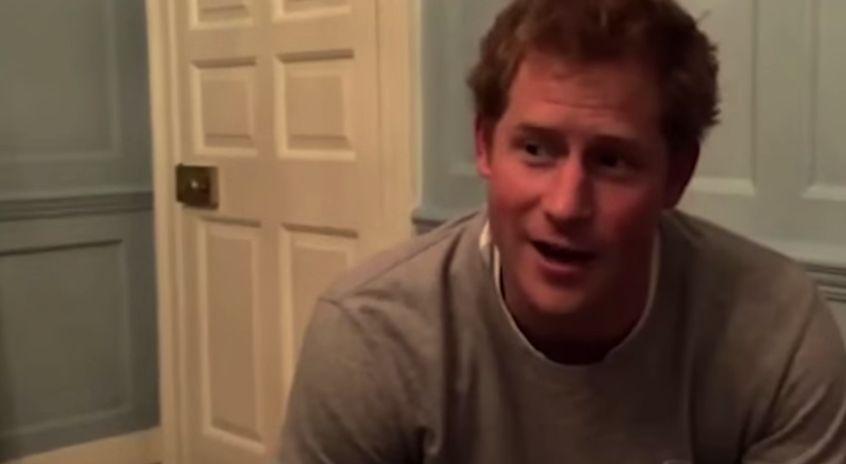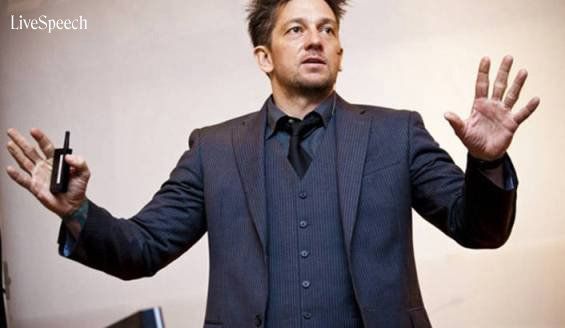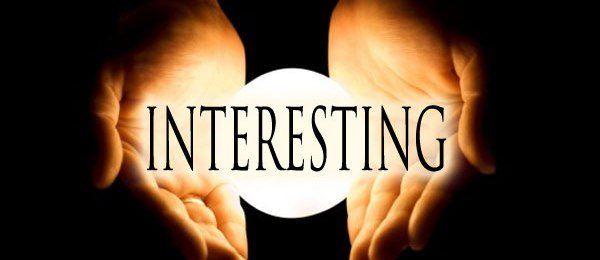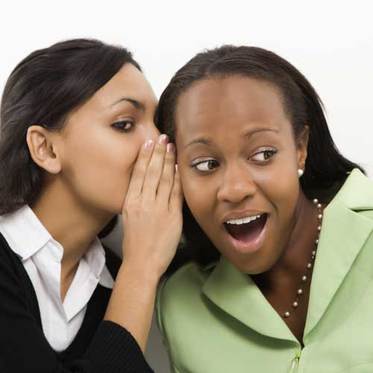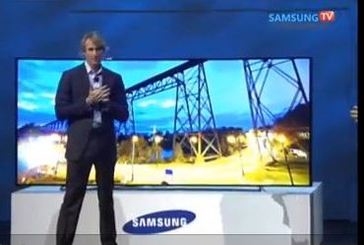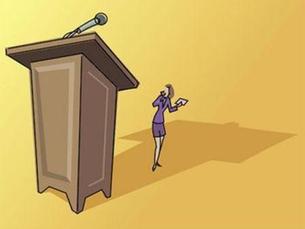"Things are always at their best in the beginning." — Blaise Pascal (Scientist)
Powerful speakers start powerfully. They engage their audiences immediately.
You must gain the audience's attention and interest within the first few minutes you appear in front of them. Without that attention, you won't get your message across, you'll have trouble sustaining whatever interest there is, and you won't have established your leadership and control—the keys to being a powerful speaker.
As a speaker, you are an unknown quantity, but only for the first 60 seconds of your speech. After that, everything you say will be heard and judged in the context of that first impression, those opening sentences. So it's very important to master your opening: plan it, refine it and rehearse it over again.
OPENING YOUR PRESENTATION
So how do you start your presentation? Here are seven ways to consider.
1) A Shocking Statement
You could open by diving straight into your presentation using a surprising or hardly-known statement of fact, without the usual formalities of introducing yourself. This opening style is appropriate if you had been properly introduced and so you do not need to go over telling your name again.
For example, a public health worker might open a malaria fundraising speech by declaring:
"Sixty seconds ago, a child somewhere died of malaria; . . . [pause] . . . as I speak, another child has just died; . . . [pause] . . . in another sixty seconds, yet another child will die. Ladies and gentlemen, this is how fast malaria is killing the children: one child every 60 seconds.”
A statement like this sets the perfect tone for the presentation, and immediately arouses in the audience the right emotions that the campaign is meant for. But be careful with opening this way. It is very easy to get it wrong especially for a beginner. It could back-fire and simply fall flat!
2) A Bold Claim
Another way is to start with a bold claim. For example, if I am to deliver a lecture on public speaking I might open by proclaiming boldly:
“In the next 45 minutes I am going to teach you more about speaking than you could learn in a year.”
Someone else might start by saying: "In this seminar, I'm going to show you five proven strategies to help you meet your quota." If you choose to open with a bold claim, be sure you can follow through. Don’t promise what you can’t do. Fail to deliver on your promise and you might lose your credibility.
3) A Quote
You could also start your speech with a quote (check out mine at the top of this article). Two advantages of starting with a quote are:
- It could help you summarise your entire presentation, if well chosen.
- It could help you build credibility, especially if you’re quoting a highly respected individual.
If your audience remember your quote, they are likely to also remember what your presentation was about. By quoting an authority, or a person of very high repute, you build credibility by association.
Now in opening with a quote, never you start with: “I’d like to start my speech with a quote. . ." No, no, no, no, no, no! That is childish. By starting like that, you kill the vibe. Instead, you could pop it in this way: "As the great Philosopher Socrates said: ‘The unexamined life is not worth living.'"
Needless to say, whatever quote you choose must tie in with what you’re talking about.
4) Crack Some Joke!
How can we forget a light-hearted "crack ya ribs" opening to loosen up the atmosphere? Popping up some laughs within your audience is many people’s favourite. But here are five words of caution for you: be very, very, very careful!
Comedy is a talent and not everybody has it, although you might get somewhere with practice. If you memorised a nice joke you heard last night from Basket Mouth, you could go ahead and tell it and NOBODY would laugh. One simple reason is this: you are NOT Basket Mouth.
There are other things [e.g. gestures, demonstrations, body language and vocal variety] that go into telling a joke and making it sound funny which the comedian uses. So if you just memorise the words of the joke, that’s not enough. Your copy-cat joke would likely fall flat—very, very flat.
One mistake people often make with joke-telling is similar to the one I mentioned about quote-telling. Please do not tell your audience you’re going to tell them a joke. Consider this:
“There’s this funny joke I want to tell you. You see, in life, there are two things involved. It is either you’re a man or you’re a...”
May God help you if your audience already know your joke [I guess you know this one I started above]. If they laugh, they are more likely laughing at you than at your dry joke.
There are several more ways to open a presentation, buy let's stop here for now. The 5th, 6th and 7th ways which I'd like to share with you are of special importance, so I've reserved them for special treatment.


